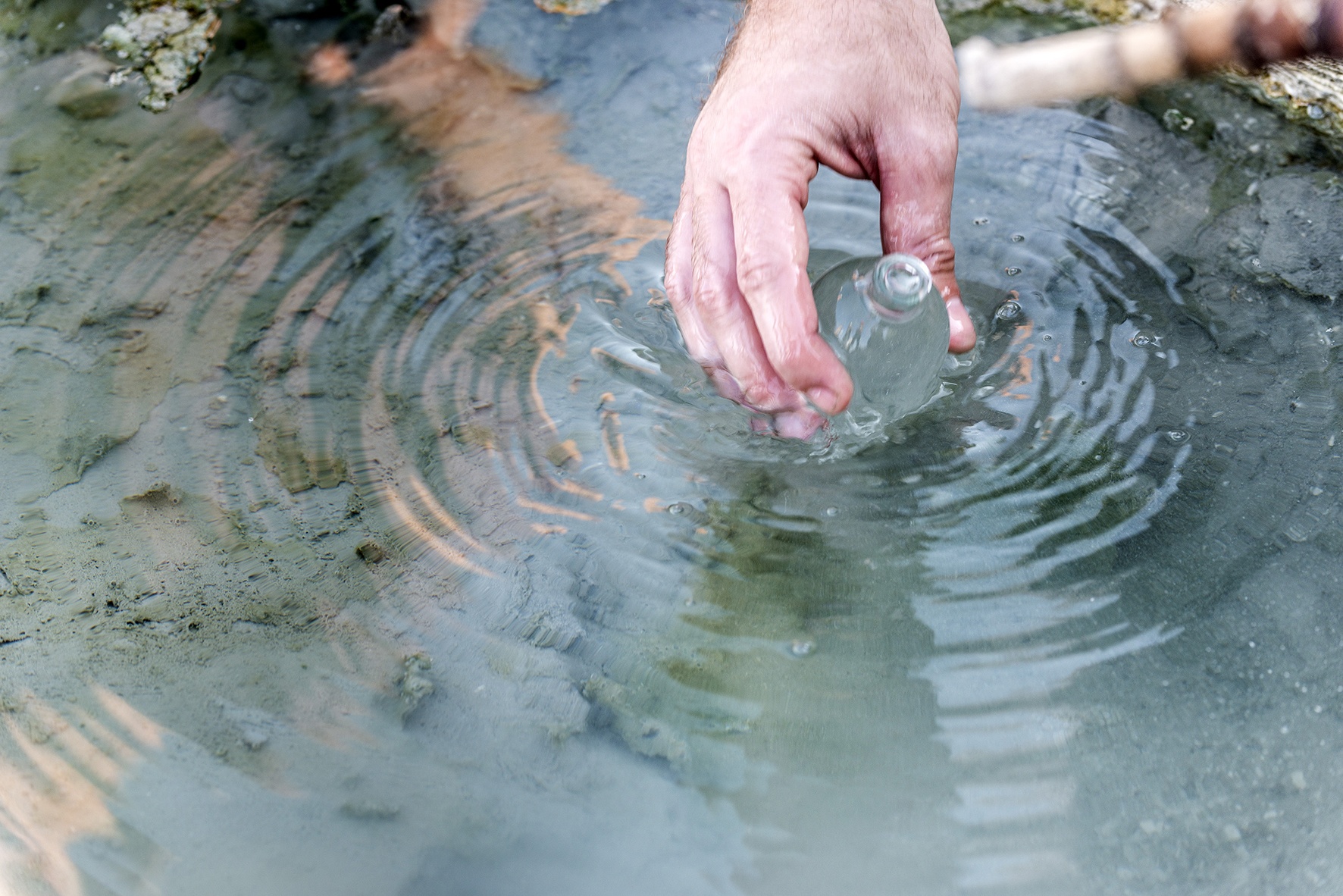Call for creation of Groundwater Access Facility to use untapped reservoirs in Horn of Africa
The Horn of Africa is currently experiencing the worst drought in 73 years and is about to face its sixth consecutive failed rainy season.

The governments of Ethiopia and The Netherlands, supported by technical partners including the World Bank Group, the United Nations Development Programme, the United Nations Children Fund, and the Children Investment Funds Foundation, call for the creation of a Groundwater Access Facility (GaFa) to sustainably use millions of cubic kilometers of untapped groundwater reservoirs in the Horn of Africa.
Presented on 24 March at a side event at the United Nations 2023 Water Conference titled "Climate Resilient Groundwater as Catalyst for Sustainable Development in Africa's Borderlands – A Shared SDG Agenda", the initiative seeks to mobilize Governments, UN and partners’ efforts to provide water in the region of Africa the most affected by chronic drought and severe food insecurity.
The Horn of Africa is currently experiencing the worst drought in 73 years and is about to face its sixth consecutive failed rainy season. Hunger and water shortages are a reality for over 15 million people across Ethiopia, Eritrea, Kenya, Somalia, South-Sudan and Sudan. In Ethiopia, Kenya and Somalia, over 36 million people need emergency assistance to survive and up to 26 million of them are acutely food insecure.
“As we are in a consecutive and damaging drought situation, countries need to come together for urgent regional integration and cooperation for shared water resources and mutual benefits, if we are supposed to accelerate and achieve the SDGs,” said H.E. Dr Eng Habtamu Itefa, Minister of Water and Energy, Federal Democratic Republic of Ethiopia.
The region is rich in underground water which, with the right development investments, could become a sustainable and climate-resilient source of water for the whole region. The Groundwater Access Facility (GaFa) for the Horn of Africa's borderlands would enable critical investments in pre-feasibility analysis and project pipeline development in Kenya, Somalia, and Ethiopia.
“The discovery of deep groundwater lakes in the Horn of Africa is a game-changing opportunity to provide a sustainable solution to the suffering of millions in the region. We must collaborate across the UN system with the World Bank Group, regional bodies and Member States to create investment facilities for this innovative solution,” emphasized Ahunna Eziakonwa, United Nations Assistant-Secretary General and UNDP Regional Director for Africa.
In the Horn of Africa, water is central to accelerating development, social cohesion, and conflict resolution, particularly in borderlands areas. Borderlands areas across Africa are home to over 40 million people facing complex socio-economic development, security, and climate change impact challenges, where the need for accelerated sustainable development is urgent.
“Groundwater provision can play a key role in increasing resilience, bringing development and stability. It is often the only reliable source in times of drought. However, it is still most underexploited and we now need a regional approach and long-term framework for the area,” stated Boutheina Guermazi, World Bank Group’s Director for Regional Integration in Africa.
“Individual initiatives are not sufficient in addressing the water crisis and mobilizing effective and lasting response in this region. It will only be through joint, ambitious, collective actions that we will be able to foster a water secure region,” stressed Sanjay Wijeskera, Director of Programmes, UNICEF.
The event also showcased dedicated investments being made in these borderlands areas by IGAD and member states, with support from the World Bank Group - Groundwater for Climate Resilience (HoAGW4CR) special programme, UNDP Africa Borderlands Centre, and UNICEF country teams. These investments identify, develop, and distribute climate-resilient groundwater for agro-pastoralism and domestic use in selected borderland locations in Kenya, Ethiopia, and Somalia.
ALSO READ
Uganda’s Economy Grows 6.3% as World Bank Urges Agro-Industrial Transformation
Uganda’s Economy Grows 6.3% as World Bank Pushes Agro-Industrialization Drive
World Bank approves $250m project to expand affordable housing for refugees in Armenia
World Bank approves €100m Cat DDO to boost Croatia’s disaster resilience and recovery
World Bank Backs Brazil’s $500m Electromobility Plan to Cut Emissions, Create Jobs










